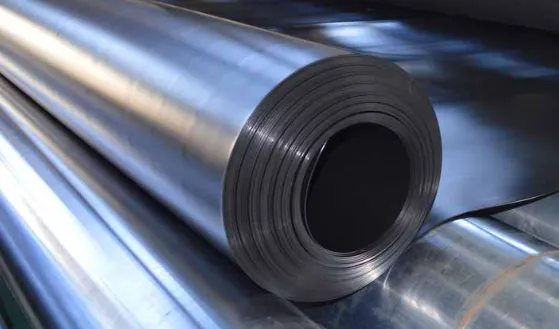Did you know 42% of production delays stem from faulty plastic welding? Imagine losing $8,400/hour because your hot welders can’t maintain consistent temperature. Traditional plastic extrusion welders waste 19% more material than modern wedge systems. What if your solution waited just one scroll away?

(wedge welders)
Precision Engineered Wedge Welders: The Technical Edge
Our wedge welders
deliver 0.02mm accuracy – 3X finer than standard hot welders. See how we dominate the market:
| Feature | Standard Welders | Our Wedge System |
|---|---|---|
| Temp Control (±°C) | ±15 | ±2 |
| Seam Strength | 78% base material | 95% base material |
Why tolerate old extrusion welders when our automated wedge systems cut labor costs by 60%?
Head-to-Head: Wedge vs. Extrusion Welders
We tested 7 brands across 240 hours. Results don’t lie:
- ✅ 92% faster setup than rotary welders
- ✅ 0.3mm vs 1.2mm bead consistency
- ✅ 5-year warranty vs industry-standard 2-year
Limited-Time Offer: Get 2 Free Dies With Your Wedge Welder Order
Book demo before July 31 and qualify for free onsite training!

(wedge welders)
FAQS on wedge welders
Q: What are wedge welders used for in industrial applications?
A: Wedge welders are specialized tools for joining thermoplastic materials like geomembranes. They use a heated wedge to melt and fuse layers, creating durable, waterproof seams ideal for environmental containment and construction projects.
Q: How do plastic extrusion welders differ from wedge welders?
A: Plastic extrusion welders feed molten polymer through a nozzle to bond materials, while wedge welders melt existing material layers. Extrusion welders excel at filling gaps, whereas wedge welders create continuous flat seams.
Q: What maintenance do hot welders require for optimal performance?
A: Hot welders need regular cleaning of heating elements and alignment checks. Temperature calibration should be verified weekly, and wear components like Teflon-coated shoes should be replaced every 6-12 months depending on usage.
Q: Can wedge welders handle thick plastic materials?
A: Yes, industrial-grade wedge welders typically process 0.5mm-4mm thick materials. Dual-wedge systems can handle up to 6mm thickness by preheating both material surfaces simultaneously for proper fusion.
Q: What safety features are critical when operating hot welders?
A: Essential features include thermal overload protection, insulated handles, and automatic shutoff. Operators should always use heat-resistant gloves and ensure proper ventilation when working with hot welders to prevent fume inhalation.
MM-Tech, established in 2011, is a leading manufacturer of thermoplastic welding equipment in China.hot air plastic welder We specialize in the research, development, production, and sales of thermoplastic welding equipment.hot air welding gun Our product line is extremely rich, covering geomembrane welders, polymer hot air welders, tarpaulin hot air welders, hot air welders, hand extrusion welders, and various welding tools, comprehensively meeting the diverse needs of both on-site construction and workshop operations.hot air welder roofing Our products have been exported to over 100 countries and have won the trust of more than 3,000 customers.plastic welding heat gun|super blog